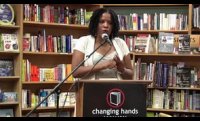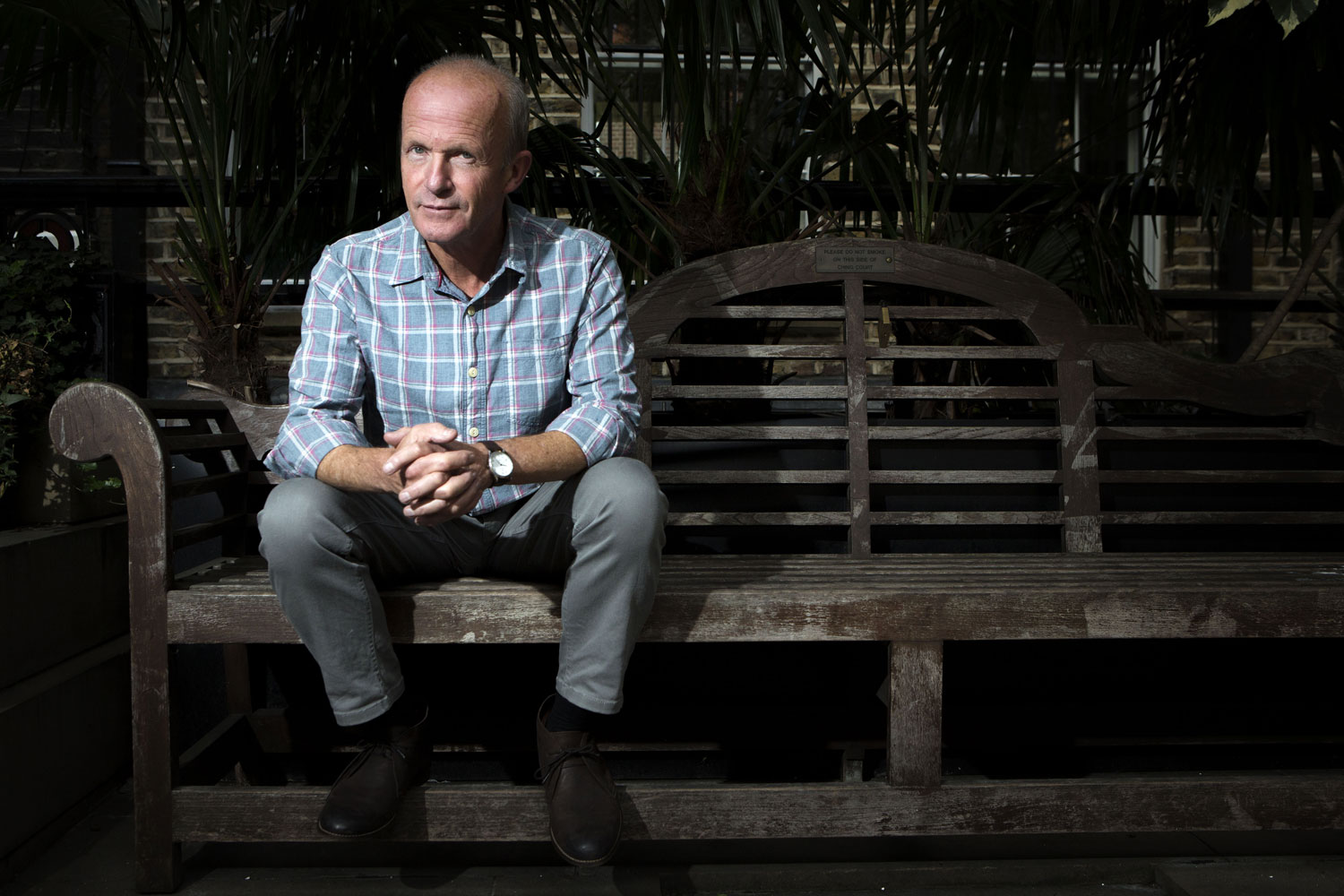Adrienne Perry blogs about her P&W-supported writers of color workshop and reading at Writespace in Houston, Texas. Perry earned her MFA from Warren Wilson College and is a PhD student in Literature and Creative Writing at the University of Houston. She serves as the current Editor of Gulf Coast and is a Kimbilio Fellow. Perry's work has appeared or is forthcoming in Tidal Basin Review, Copper Nickel, and Indiana Review. She is at work on a novel and a collection of short stories.
 Some of the best advice I’ve heard about writing came from a high school guidance counselor. When seniors grew nervous about writing college essays, she calmed them down by saying their job was simply to: “Tell a story. Tell a story only you can tell. Tell it in your own voice.” In her view, if the college essay met those three criteria, the student had investigated their life and experience enough to say something unique, something that mattered to them and would be more likely to matter to admissions officers combing through hundreds of personal narratives.
Some of the best advice I’ve heard about writing came from a high school guidance counselor. When seniors grew nervous about writing college essays, she calmed them down by saying their job was simply to: “Tell a story. Tell a story only you can tell. Tell it in your own voice.” In her view, if the college essay met those three criteria, the student had investigated their life and experience enough to say something unique, something that mattered to them and would be more likely to matter to admissions officers combing through hundreds of personal narratives.
I’ve carried the “tell a story, tell a story only you can tell” advice around for years, even sharing it with my own college counselees, but I had never run it by creative writers. This April, I decided to share it with my writers of color workshop at Writespace in Houston. What happened? It became a mantra seeping into the workshop rhetoric. One of the frustrations I’ve heard from writers of color, in this workshop and elsewhere, is that people so often make unconscious assumptions about the kinds of stories writers of color will tell and the voices those stories will be in.
Telling our own stories in our own voices takes courage and pushes the imaginations of both white and nonwhite readers. Charles Redd shared that our writers of color workshop “created something special in me, [and was] impacted by shared experiences.” Another writer from the workshop, Ima Oduok, wrote in an e-mail: “When I saw Writespace was hosting a workshop for writers of color, I was ecstatic. The literary world is still mostly filled with white men, and that imbalance makes me hold back in other workshops or conferences. There's an unspoken, unsubtle message that literature is not for us. Workshops, such as this one, invite those who would normally be shy about developing.”
On the last day of the workshop, we ended early and held a reading. For a city as racially and ethnically diverse as Houston, this reading and this workshop at Writespace were both, in some ways, a first. And except for one or two of the writers, the reading was a personal first, too. The Writespace studio is small and cozy, so we took the long tables into the hallway and set up tight rows of chairs, wondering who would come to hear us telling stories only we could tell and in our own voices. Turns out, quite a few. By the time the reading started, the room was packed.
The man who made perfectly shaved ice in San Antonio, a waitress who used a Taser on an attacker after a late night shift, a woman unwinding from a night of partying on a balcony in Virginia Beach, the dissolution of a marriage as seen through a favorite TV show—each reading was singular, a reminder that not only should we write the stories only we can tell, but that doing so in a workshop for writers of color can be a powerful part of that process.
Photo: Adrienne Perry. Credit: Lesli Vollrath.
Support for Readings & Workshops events in Houston is provided by an endowment established with generous contributions from the Poets & Writers Board of Directors and others. Additional support comes from the Friends of Poets & Writers.





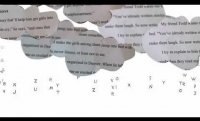

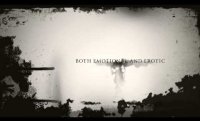
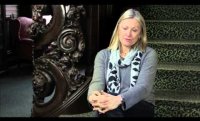

 Some of the best advice I’ve heard about writing came from a high school guidance counselor. When seniors grew nervous about writing college essays, she calmed them down by saying their job was simply to: “Tell a story. Tell a story only you can tell. Tell it in your own voice.” In her view, if the college essay met those three criteria, the student had investigated their life and experience enough to say something unique, something that mattered to them and would be more likely to matter to admissions officers combing through hundreds of personal narratives.
Some of the best advice I’ve heard about writing came from a high school guidance counselor. When seniors grew nervous about writing college essays, she calmed them down by saying their job was simply to: “Tell a story. Tell a story only you can tell. Tell it in your own voice.” In her view, if the college essay met those three criteria, the student had investigated their life and experience enough to say something unique, something that mattered to them and would be more likely to matter to admissions officers combing through hundreds of personal narratives. 